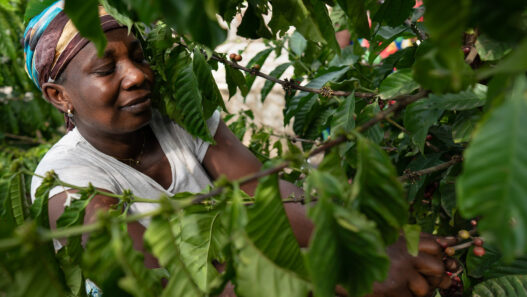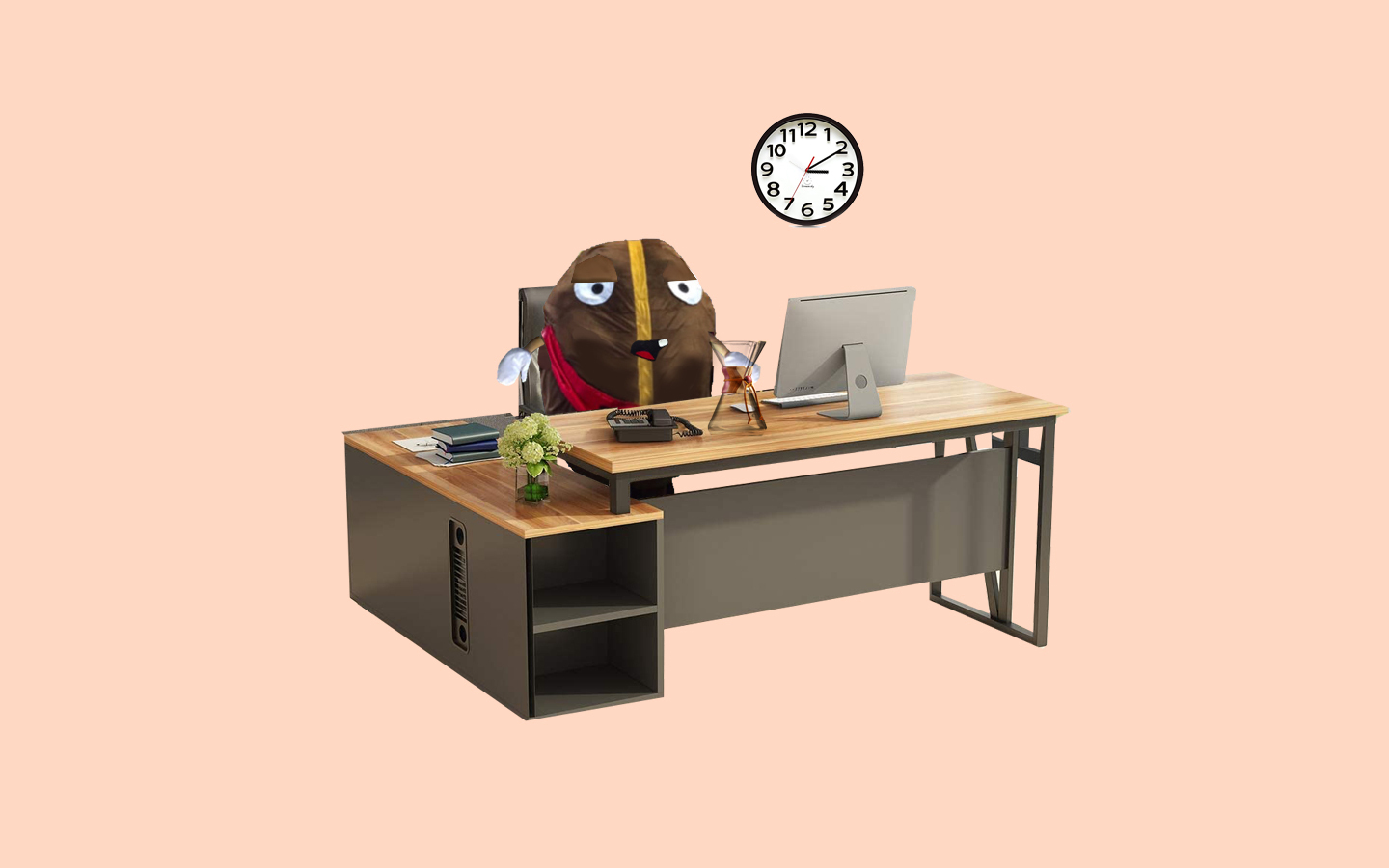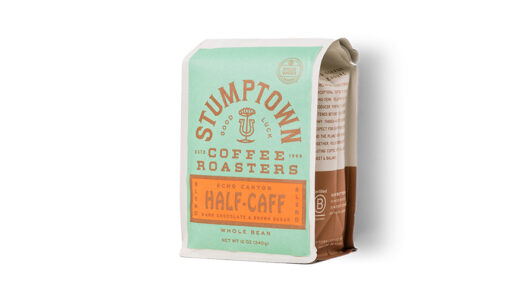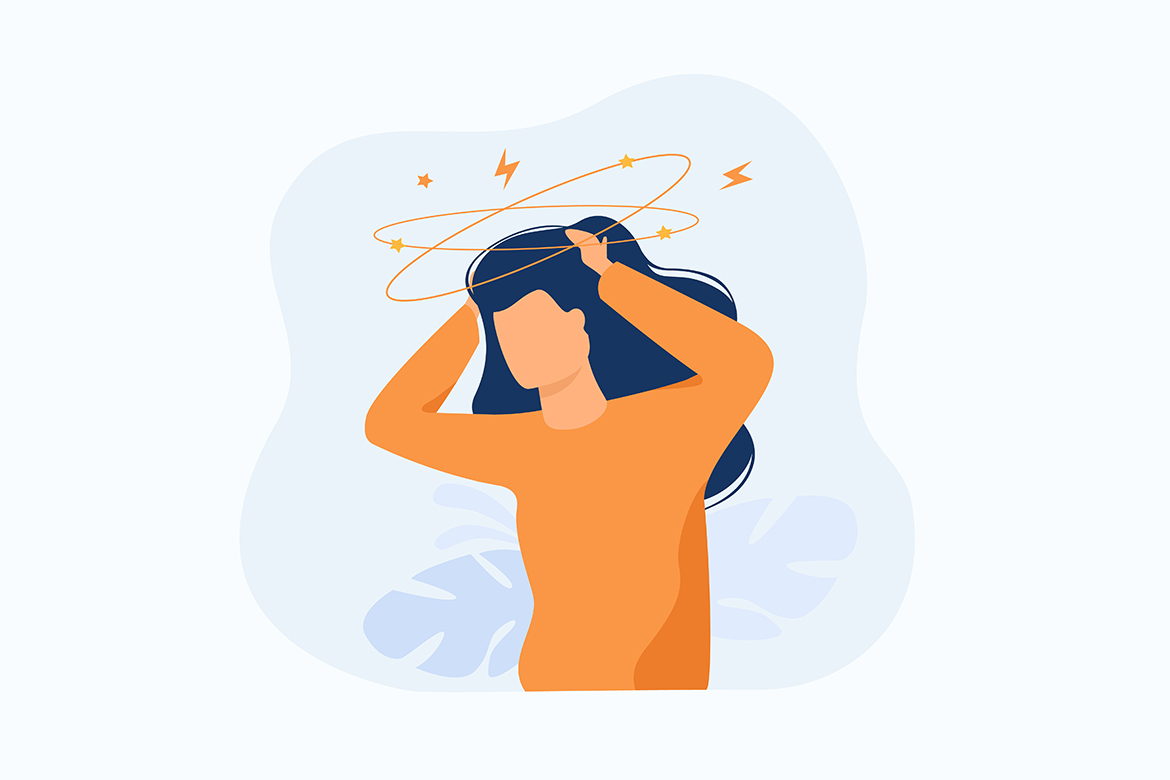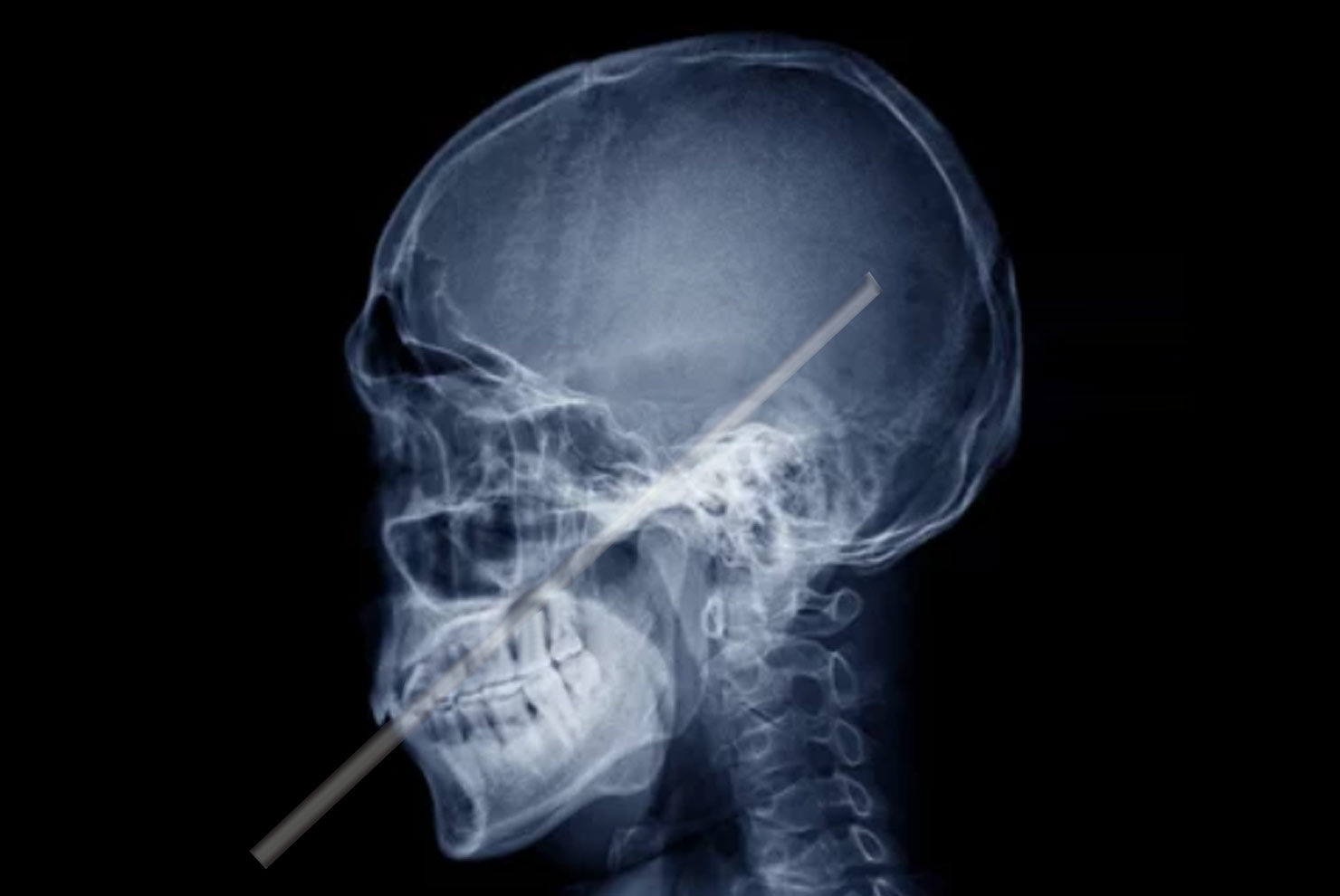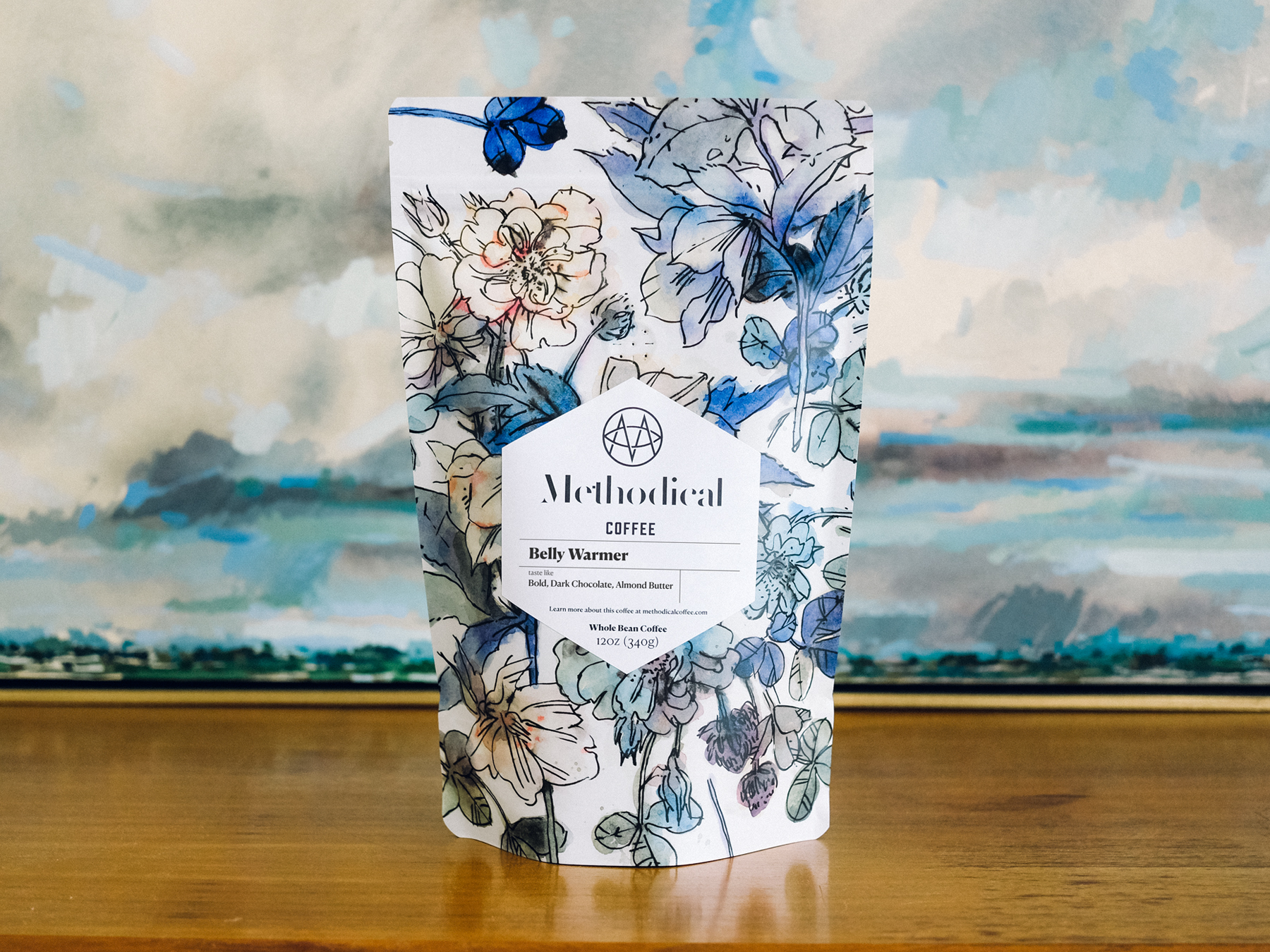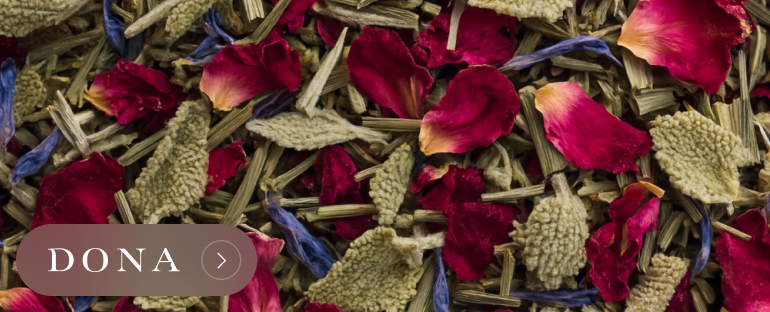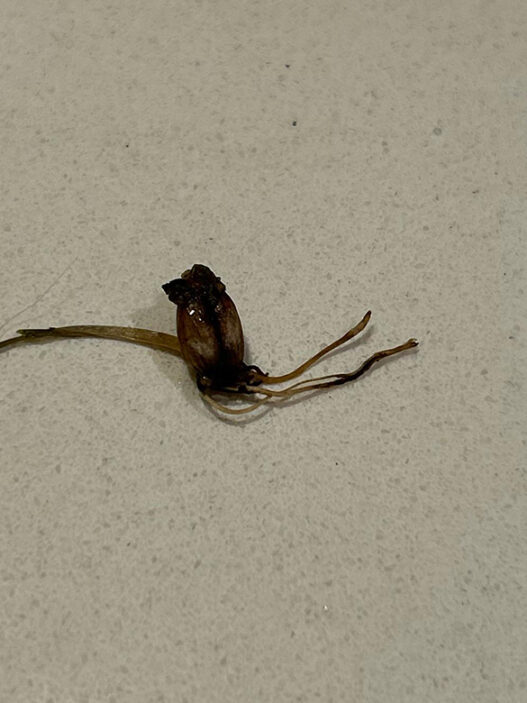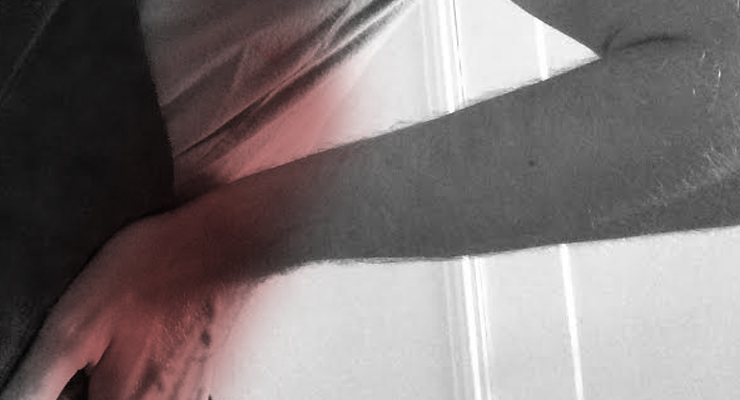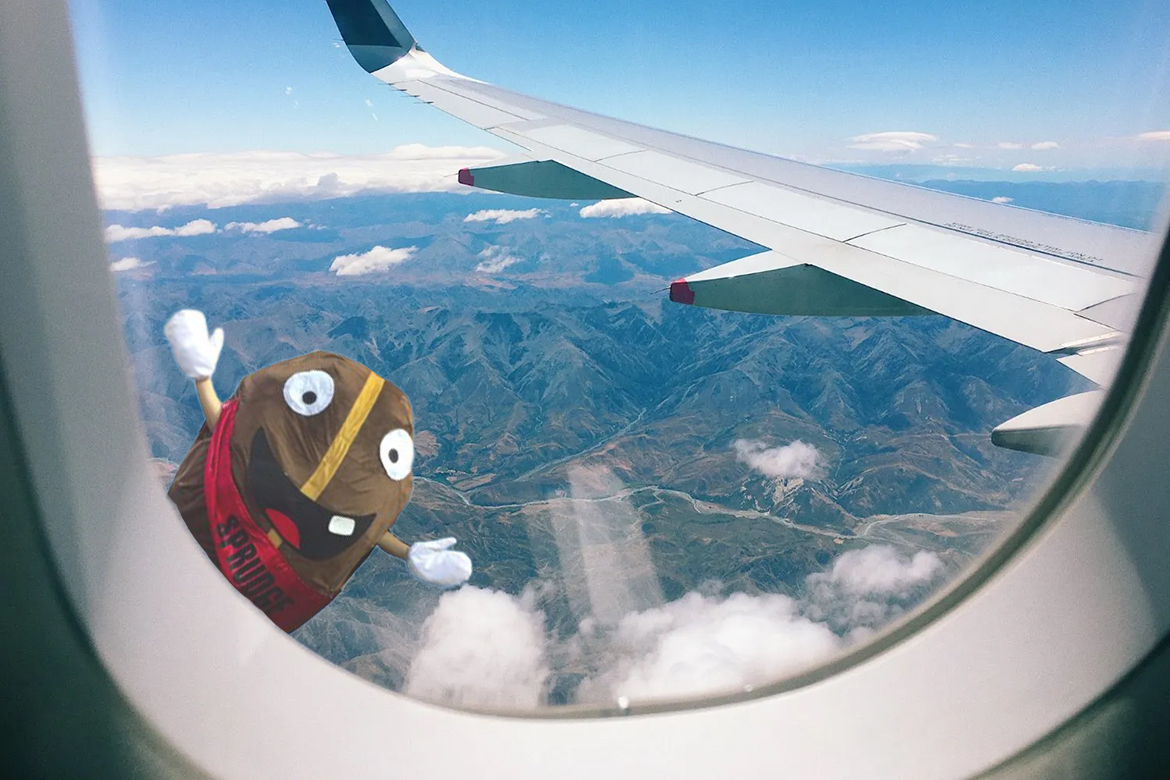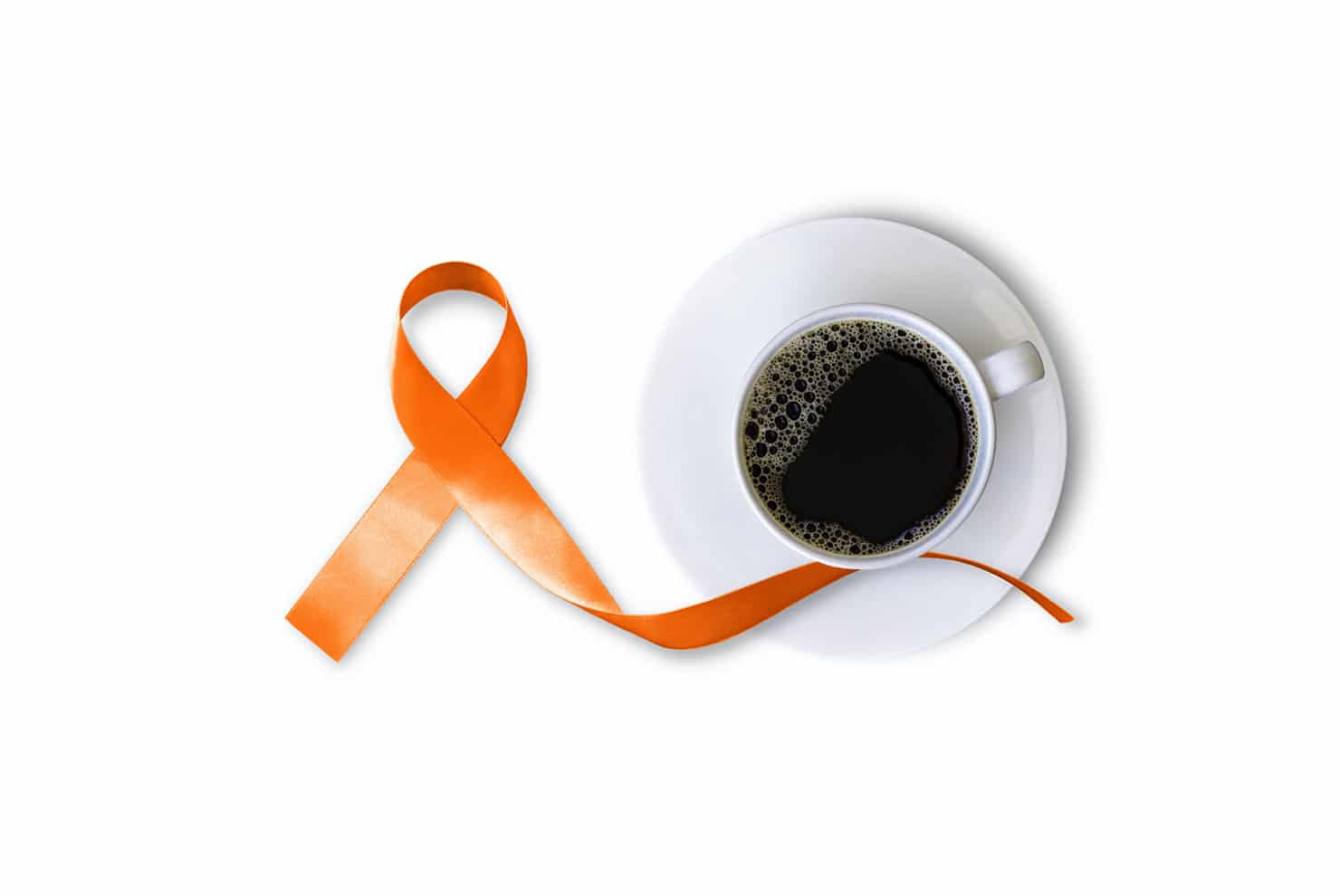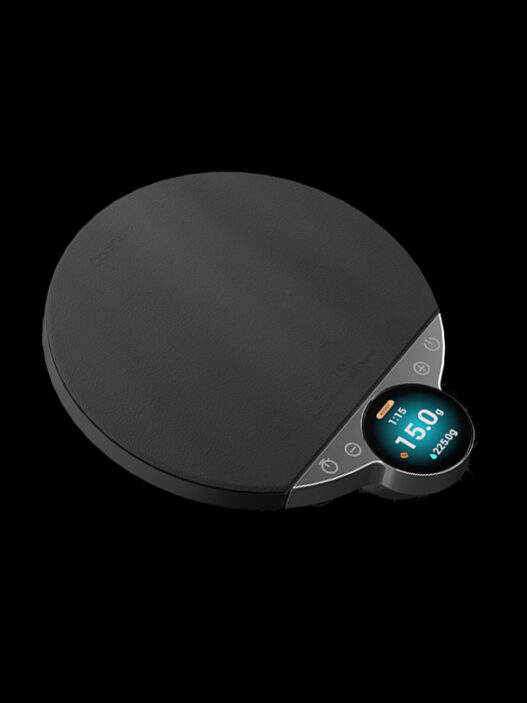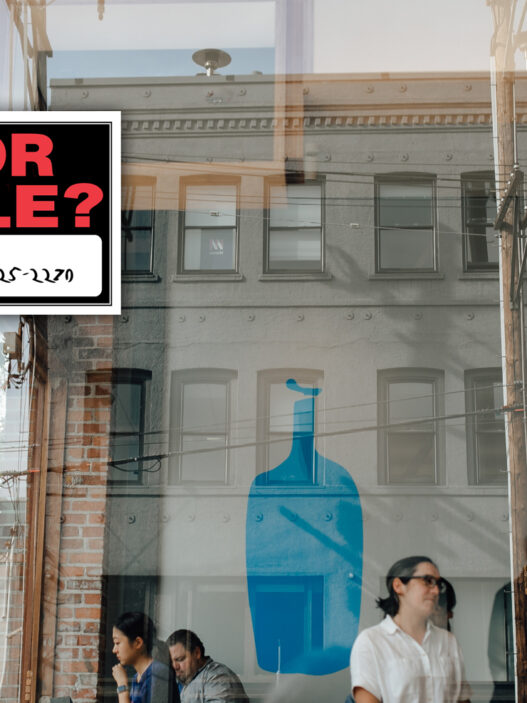One of the great cruelties of aging is that with each passing year it takes fewer and fewer drinks to invoke the dreaded hangover demon. I used to be able to consume alcohol at alarming rates with nary a headache in sight, not even enough of one to justify skipping class (though I would anyway). Now, I can’t so much as smell an IPA or agave-based spirit without needing a cold compress and about 18 hours of sleep.
But when hangovers do happen, everyone has their go-to cure for what ails you, and like many of you, mine has always been as much coffee as I could get my hands on. But a recent article in Medical News Today suggests that while coffee may ease some symptoms, it may actually make others worse.
Per the article, the exact causes of a hangover are unknown—other than, you know, drinking too much alcohol—but biological factors like “dehydration, gastrointestinal irritation, inflammation, chemical exposure, disrupted sleep, and mini-withdrawals likely contribute to the symptoms.” These symptoms include but are not limited to: fatigue, weakness, headaches, increased thirst, sensitivity to light and sound, sweating, irritability, anxiety, nausea, stomach pain, muscles aches, dizziness, and increased blood pressure.
So how does coffee play into all this? While there isn’t much research on coffee’s effect on the aftermath of a night drinking, the CDC notes that mixing alcohol with caffeine can be dangerous because caffeine increases one’s alertness, giving the illusion of sobriety. This same increased alertness, it stands to reason, could at least partially counteract hangover-caused fatigue. And as we’ve reported in previous studies, caffeine has short-term benefits for those suffering from disrupted or insufficient rest (like one would have after drinking all night).
But other symptoms, per Medical News Today, may be exacerbated by coffee. One such symptom is dehydration. The article note that, like alcohol, coffee is a diuretic, which may “further dehydrate the body, potentially prolonging or worsening certain symptoms of a hangover.” Now, other research on the topic suggests that coffee doesn’t actually dehydrate you. Coffee is 98% water and while caffeine has been shown to irritate the bladder walls, giving one a sense of urgency for the need to urinate, but perhaps not actually dehydrating you.
Of course, there are other symptoms that coffee can have a negative effect on. Caffeine in some can cause headaches and increased blood pressure, so if a person is experiencing those particular hangover symptoms, coffee may actually make them worse.
There is currently no known cure for a hangover, per the article, except for not consuming alcohol in the first place (which sounds a little abstinency to me but whatever). Also there is a cure, and it’s fool proof. It goes like this: coffee, coffee, electrolytes, nap, coffee, ramen, early to bed. Sprinkle in a few soon-to-be broken promises to never do it again, and poof, your hangover is gone.
Zac Cadwalader is the managing editor at Sprudge Media Network and a staff writer based in Dallas. Read more Zac Cadwalader on Sprudge.




